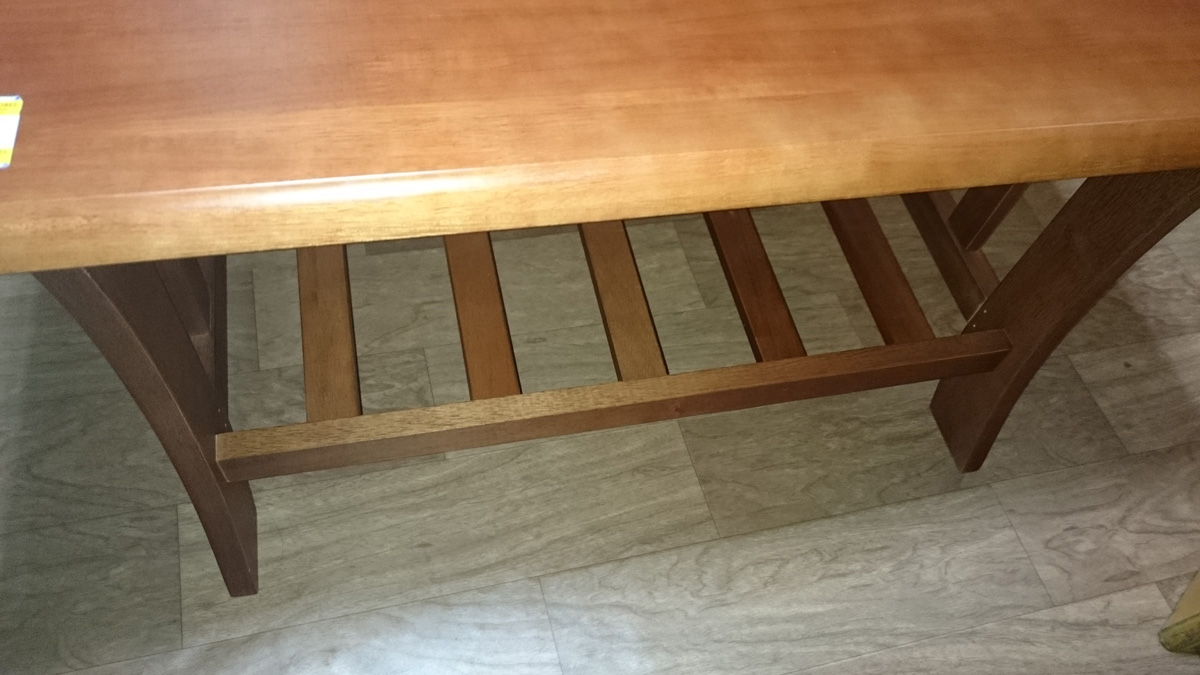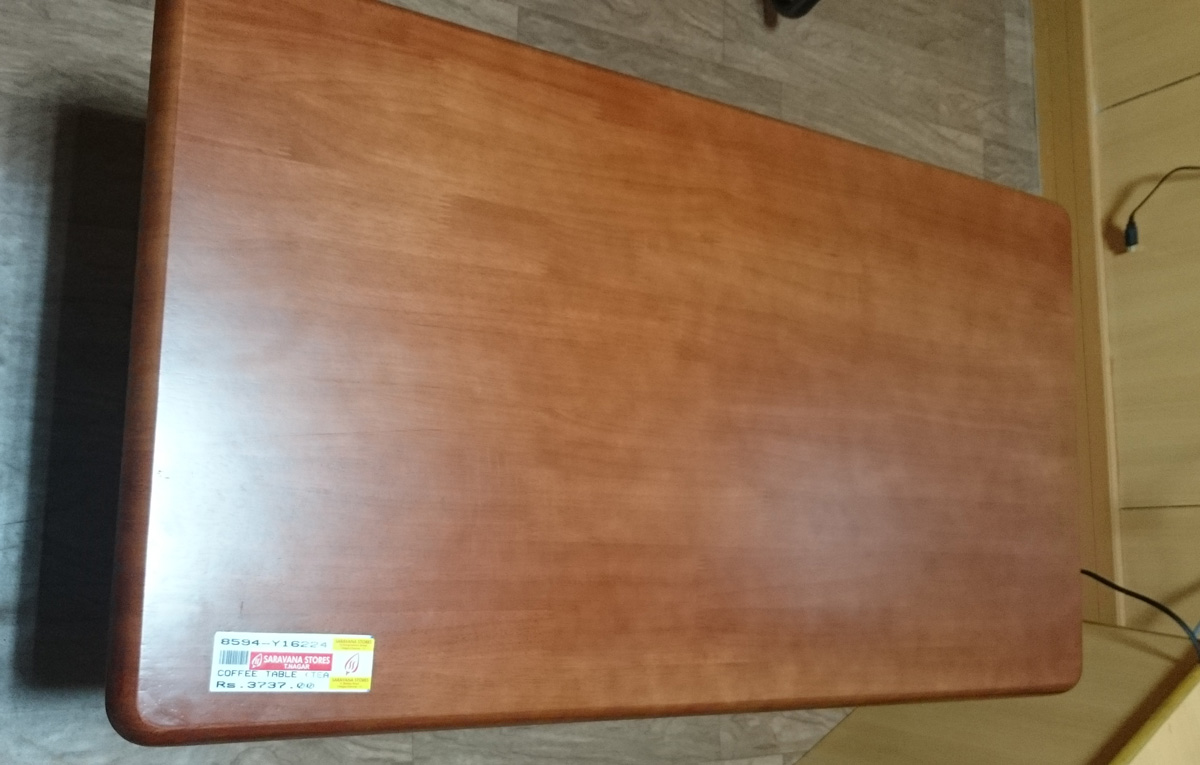When it comes to shopping for household articles, groceries, fresh produces and regular wear clothing, the established retail outlets in India who got shaken a bit when ecommerce came in, appears to have found their ground. As a consumer myself, in recent months I am feeling the offline shops are even overtaking online marketplaces due to their experience, established vendor relationships and superior buyer understanding. I would like to highlight I am not saying customer service here, in that online stores may have an edge for some more time due to their processes and educated/trained workforce.
Though there may be more, I would like to place here four personal instances for conveying my point. This is by no means a scientific analysis or study, take it as a dip sample with a good dose of salt. Before I continue, I will state that I am a huge online shopper, weekly twice I get a parcel ordered online delivered to me.
During recent Chennai floods in November/December 2015, BigBasket the leading online supermarket in India which I love stopped their deliveries for few weeks. Living through the floods, I understand that procurement of produces and delivery through several feet of water on all roads would have been nearly impossible for anyone. At the same time, it is through the same water the smaller shops (பழமுதிர் சோலைகள்) and pavement vendors near my house also operated, but managed to sell essentials on all those weeks except for 1 day when no one could venture out. Imagine my situation if everyone was buying only online and all these small vendors had shut shop or suspended operations to protect themselves, what would have my family and similar families in Chennai would have eaten?.
Getting wrong/used items by online sellers has affected me more than few times now. Two years back it was getting a used JBL speaker from Snapdeal. Last week it was a Microsoft Sculpt Wireless Mouse which I bought from Amazon India was having wear ‘n’ tear marks on the bottom, clearly pre-owned and returned. While in both instances I won’t loose money as I am covered by buyer protection of respective sites, the hassle I have to go through in getting replacement is painful. In my experience while Snapdeal/Amazon/Flipkart to be readily willing to do the right thing for the customer, the smaller sellers in their platform trying their best to not accept/reject your claim and take you for a ride. Fraudsters are everywhere.
Delivery issues, few months back I had two parcels to be returned, one to Jabong and another for myntra, both in their original packing. By mistake my household help, gave both the parcels to Jabong pickup person, who didn’t check or object to collecting a Myntra labelled cover. I realised the mistake later in the day and complained to Jabong, after a long investigation at their end which ran for two weeks they closed the ticket saying no trace of any such parcel collected at their end. As they say, the chain is strongest as it’s weakest link and clearly for ecommerce firms last mile delivery/pickup is the Achilles heel.
Price, while it’s established that online is cheaper when it comes to mass volume products like Books & Mobile phones, for dresses and household articles, ecommerce sites are unable to match the price of speciality stores. Add to it, the cost of shipping, which till recently the marketplaces were underwritting for brand building. For example, last week when I wanted to buy a coffee table for a small meeting room in my office the cheapest models I could find in Pepperfry and UrbanLadder were Rs.4500. Visiting Saravana Stores in Ranganathan Street, a local chain in Chennai, I found a table for Rs.3700 (seen above & below). At a width of 20 inches, length of 36 inches and height of 17 inches this was much bigger at comparable price I could find online. And getting it delivered to my place costed Rs.100.

The potential for online with it’s infinite inventory is unmatchable offline, the customer experience leaves much to be desired. One reason for this is that most of the ecommerce sites in India including Flipkart, Amazon, Snapdeal are operating as marketplaces and not owning the inventory or the entire supply chain. They are only as good or bad as their sellers. This weakness may be due to the prevailing laws in India which prevents 100% Foreign investments in retail. I am not suggesting doomsday for ecommerce or that online marketplaces don’t work in India. As a consumer I am just highlighing the issues I faced, which can be food for thought for the big brains leading the Indian ecommerce giants for their future improvement.


